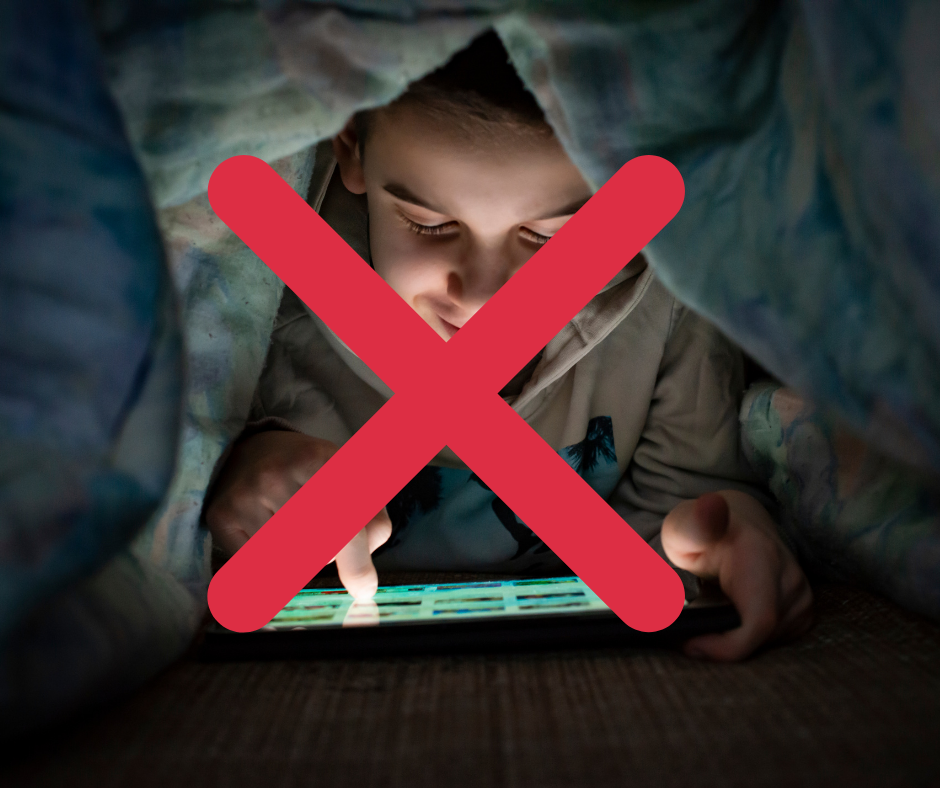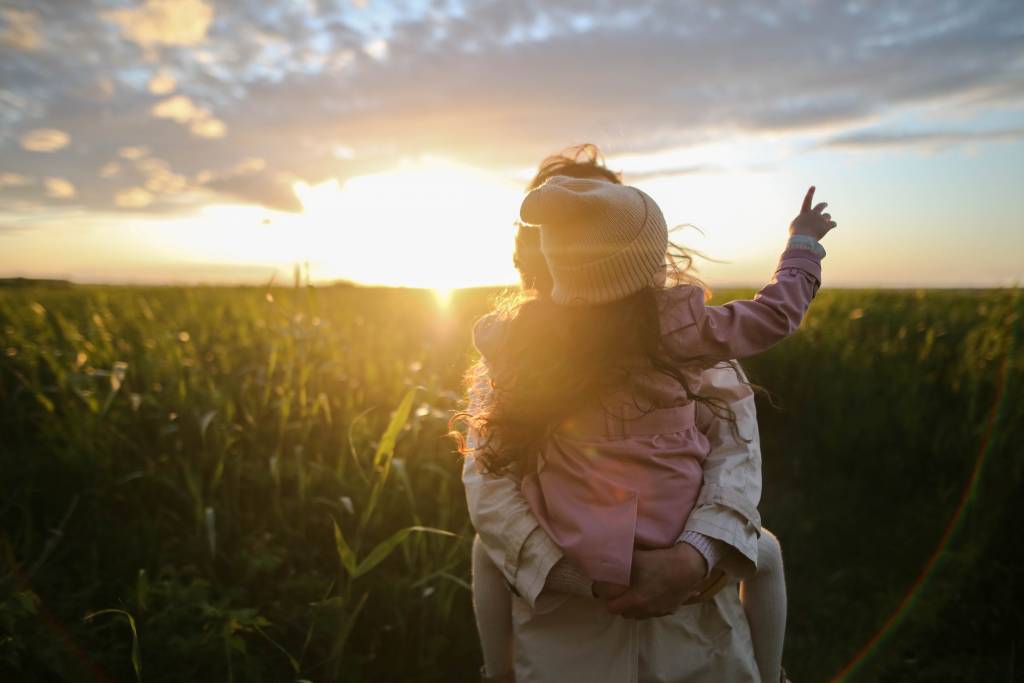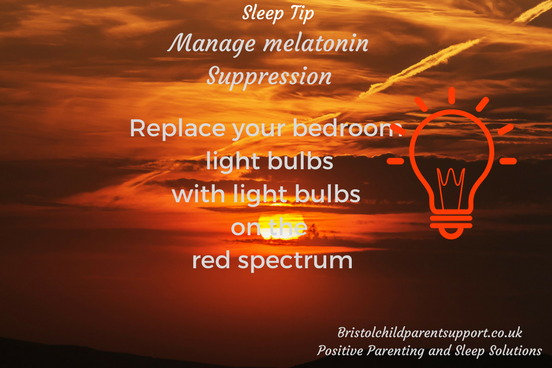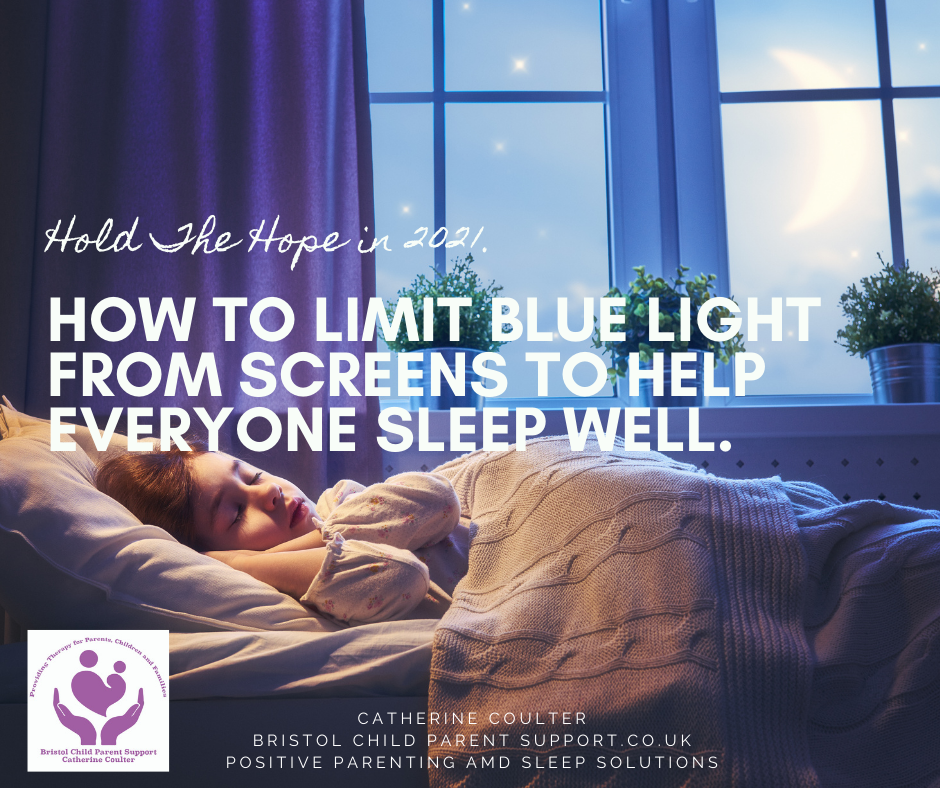All of our lives have been turned upside down by the pandemic. Many parents and young people are reporting disturbances in sleep patterns. As a result of social isolation, fears regarding the virus, and increased working online, you and your children are exposed to “artificial blue light” from increased screen use. This, in turn, will affect everyone’s sleep! Now more than ever, we need rest to remain healthy.
What do you mean by Blue Light?
What did we do before artificial lighting? The sun was our primary light source, and we spent most evenings in the dark. Hence, our pineal gland secreted melatonin, and we aligned with 24 cycles ( Circadian Rhythm). During the pandemic, we all stare back at our screens, and our homes are full of LED lights emitting blue light. Being exposed to blue light all day throws out our alignment with our Circadian Rhythms. This contributes to sleep difficulties and diseases such as diabetes and obesity. It also leads to multiple challenges in children, ranging from shorter attention spans to impaired cognitive, behavioural, and emotional problems. For more information, go to this blog.
Dangers of Blue Light.
Here are the dangers, according to a Harvard Study. They found that it suppresses melatonin twice as long as the green light, shifting circadian rhythms by twice as much (3 hours versus 1 1/2 hours). This means it takes longer to go to sleep. In addition, exposure may be linked to other diseases, such as:

- Cancer risks (melatonin reduces the risk of death from cancer)
- Diabetes risks.
- Increased hunger/obesity (disrupts our metabolism)
- Higher chances of breast cancer
How you can incorporate Natural Sunlight into your Day.
Working Natural Daylight into Your Day
- Spending time in the sun in the morning is a great way to help reset your and your child’s circadian rhythms.
- Going for a 30-minute morning walk or sitting in the garden while reading or eating breakfast are great ways to incorporate daylight in the morning. Open up the windows and blinds on days when morning walks are not as easy to fit in.

- Getting outside in the afternoon is another excellent idea to get more exposure to sunlight. A park date or another 30-minute stroll will do wonders for your child’s sleep.
- Something else to remember when encountering daylight. Sunlight should also have direct contact with your eyes ( you don’t need to look at the sun directly), so your brain can register the light, so take those sunglasses off during outdoor encounters.
- Always take a break if you are home working. I go out every day between clients to receive a dose of sunlight.
A Common Question?
What if it is an overcast day and the sun is not out?
Still, make sure to get outside! Even when filtered through clouds, the sunlight will continue to impact our circadian rhythms.
How to Manage Blue light in your Home.
- Please get rid of LED lights and replace them with lights on the amber or red spectrum. LED lights amplify blue light, hence, lacking many of the frequencies of natural light.

- Keep your screens (computer, phone, tablet) dim as possible. You can train yourself to use less and less.
- If you have an iPhone, use the Night Shift feature. It will detect the time of day and adjust your screen accordingly.
- For Android users, get the f.lux app or something similar.
- Download the f.lux app for your computer too. It’s free. Your screen will turn more amber when the sun goes down. You won’t have to think about it.
- Ensure you or your child has no exposure to screens at least an hour before bedtime.
- You can wear blue light blocker glasses; I have not tried this yet; however, some of the parents I work with do and found them helpful.
- Sleep in total darkness; any light in our bedrooms confuses our pineal glands. In addition, ensure that your children’s nightlights have no LED lights inside.
In Conclusion.
All the evidence supports that making a regular sleep routine with consistent wake time and exposure to sunlight is a potent combination for healthy sleep. If your child is anxious, read the blogs below for more information on sleep and anxiety. Stay safe and well during this time.
- Back to Sleep Solutions during the Pandemic.
- Sleep Consultations.
- 9 Ways to Manage the Worry Monster at Bedtimes
- Back to School Anxiety during the Pandemic.
- Recognising Anxiety in Children.
- Helping you and your Child Manage Transitions.
Thank you for taking the time to read this and for your commitment to the well-being of your child and family. In addition, your willingness to keep growing and holding hope. Remember: parenting is hard work, and you all deserve support. And when it all starts to feel impossible, ask for help. If you need help and support, contact me for a consultation or join my newsletter community. I will offer a free webinar on sleep for World Sleep Day; registration is being provided to my newsletter community first! With Gratitude Catherine



